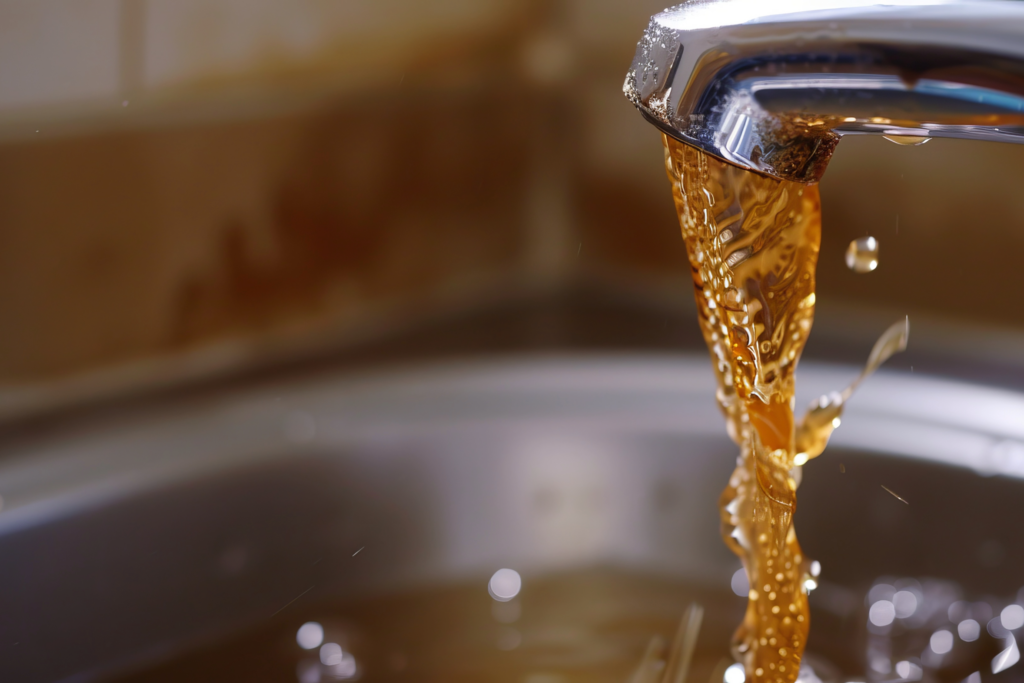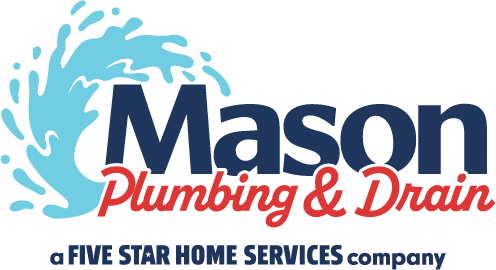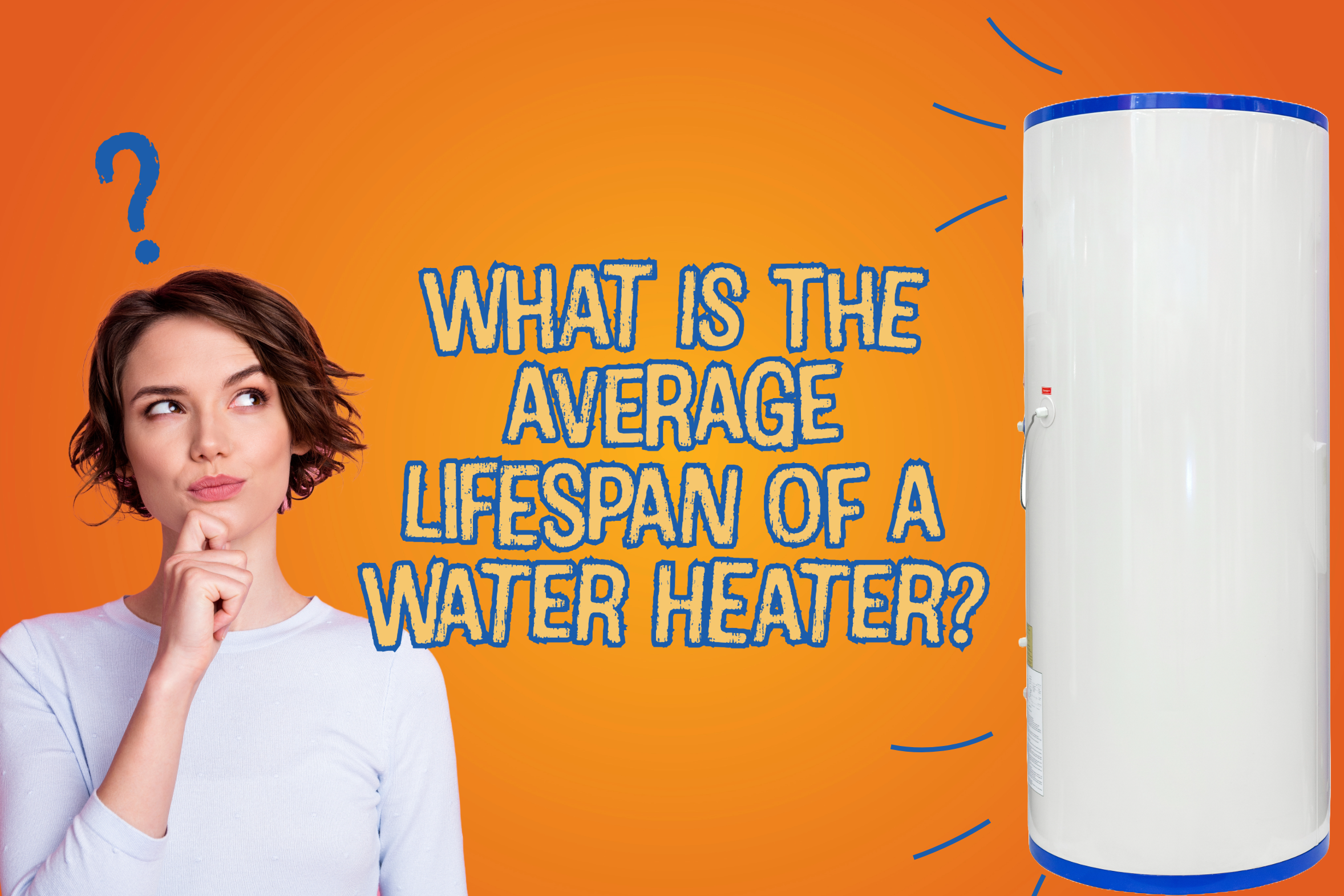If you’re having water heater issues, you’ve come to the right place! As your trusted local plumbing services partner, we know how overwhelming this can be—especially if it’s your first time dealing with it. It can be tough to know the right questions to ask about your water heater. For instance, should you repair it or go for a replacement? When should you start planning for a new water heater? The truth is, there’s a lot to learn about your water heater. But that’s why Mason Plumbing & Drain is here to help! Let’s kick things off with a basic question: “How long should my water heater last?”
The Average Number of Years a Water Heater Lasts:
To put it simply, the general rule of thumb is about 8 years. Some water heaters can last a bit longer, usually between 8 and 10 years. If your water heater is 10 years old or more, it’s likely nearing the end of its life. In this case, planning ahead before it goes out completely is key to staying ahead and avoiding any surprises. (After all, no one likes to be caught off guard!)
The Factors That Impact a Water Heater’s Lifespan:
Remember, several factors can affect how long your water lasts. Being aware of these factors will help you maintain your unit properly and proactively.
- Water Usage – The amount of water you use plays a big role in how long your water heater lasts. Should you cut back just for this reason? Not necessarily, but it’s definitely something to keep in mind.
- Preventative Maintenance – When you take good care of your water heater, it’s set up for long-term success and can last much longer. Skipping your annual checkups and essential water heater flushes will speed up wear and tear. So, make sure to keep up with regular maintenance checks to keep your unit in top shape.
- Water Quality – Whether you have hard or soft water, minerals like calcium and magnesium can build up over time. This buildup affects efficiency and shortens the lifespan of your system.
- Installation Quality – A poorly installed water heater can wear out faster, cause damage, and even pose safety risks to your home and family. It’s always best to hire a licensed company that understands the ins and outs of installation and maintenance for all your water heater needs.
- Equipment Quality – Opting for a cheaper, lower-quality brand for an appliance you use every day, like a water heater, won’t give you the lifespan you’re hoping for. The materials in the tanks and heating elements of these units make a big difference. For the best performance and longevity, investing in high-quality equipment is the way to go!
The Signs That Indicate You May Need to Replace Your Water Heater:

- If the Water Is Rusty – Noticing discolored or rusty water from your faucets? That’s a clear sign your water heater might be on its last legs. If the water has a metallic smell or taste, it’s time to start thinking about a replacement.
- If the Water Is Not Getting Hot – Struggling to get enough hot water? Sediment buildup or general wear and tear could be the culprits. In this case, a new water heater might be just what you need.
- If the Water Is Leaking or Pooling Around the Base of the Unit – Finding water pooling around the base of your heater? A leak is likely the issue. Get a professional in to check it out right away; depending on the problem, you may need a replacement.
- If the Water Heater Is More Than 10 Years Old – Age is more than just a number for water heaters. If yours is over 10 years old, it might be wise to consider getting a new one or at least forming a plan to do so.
- If the Water Heater Requires Frequent Repairs – Constantly fixing your water heater? It might be time to stop pouring money into repairs and look into a top-rated, energy-efficient unit that offers better value and performance in the long run.
The Type of Maintenance You Should Keep Up with:
Since water heating accounts for about 18% of a household’s energy bills, it’s crucial to keep your water heater in top shape. Here are some tips to ensure your water heater runs smoothly and lasts longer:
- Flush Your Water Heater Regularly: Sediment buildup can lead to overheating and other issues, shortening your unit’s lifespan and resulting in costly repairs. Flushing your water heater ensures optimal performance and longevity.
- Avoid High Water Temperatures: Setting your water heater to excessively high temperatures can wear it down faster, reducing its lifespan. Keep the temperature in check to protect your appliance, maximize efficiency, and get the most value out of it.
- Prevent Rust Buildup on the Exterior: Rust on the outside of your unit can significantly reduce its efficiency and lifespan. Addressing rust promptly helps maintain optimal performance and longevity.
- Stay Up to Date with Annual Maintenance: Don’t skip your yearly plumbing inspections, even if they seem unnecessary. Regular check-ups by a licensed plumber can identify minor issues before they turn into major problems, ensuring everything runs smoothly and preventing potential plumbing disasters.

It’s a smart move to keep an eye on your water heater’s age so you can plan ahead for replacement options. Need help figuring out its age, or want a free water heater estimate? No worries, we’re here for you! Whatever your question or concern, we’ve got your back!
You can count on Mason Plumbing & Drain for all your plumbing needs today at (513) 298-6996, or schedule an appointment online now by clicking here!




